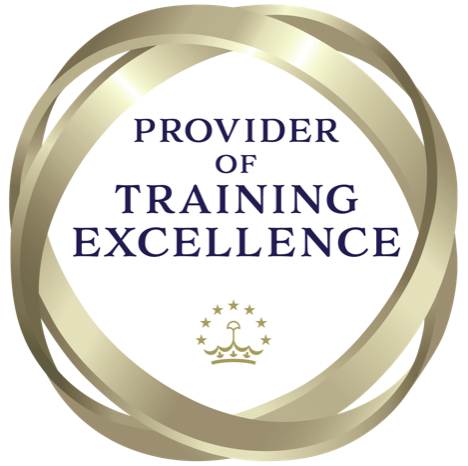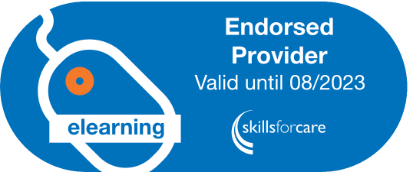01206 805359
Mon - Fri, 9am - 5pm



We have been recognised as an endorsed provider from Skills for Care, earning the prestigious distinction as a Centre of Excellence within training and health & social care.
Medical professionals with a duty to respond in an emergency are required to complete annual BLS training. You can complete this course as initial training or as your annual refresher.
With ProTrainings, you are no longer required to spend hours in a classroom. Our blended training enables you to complete all the course content online at your convenience. All that is left is to complete a short skill evaluation to meet the learning outcomes and assessment criteria of an equivalent classroom course.
The UK Resuscitation Council 2015 guidelines state, "Short video/computer self-instruction courses, with minimal or no instructor coaching, combined with hands-on practice can be considered as an effective alternative to instructor-led BLS and AED courses."
ProTrainings Basic Life Support courses have been designed to meet all the required learning outcomes and are aligned to the Skills for Health UK Core Skills Training Framework or UK-CSTF. This includes both level 2 adult and paediatric patient care.
This course covers basic life support skills and includes skills for adults, children, and infants as well as healthcare variations on infant CPR. The course includes safety precautions, initial assessment, recovery position, CPR, compression-only CPR, CPR handover and choking. This course complies with the latest 2015 ERC and UK Resuscitation Council Guidelines and is aimed at Healthcare Professionals with a duty to respond.
We also have a national network of instructors who can come to your workplace to deliver the training and to work within your time schedules. Taking this training as a blended course saves valuable patient contact time ensuring that nothing is cut from the training course.
This qualification and most of the other ProTrainings qualifications are Endorsed by TQUK to show our commitment to extra levels of compliance and quality assurance.
Companies, organisations or agencies are encouraged to contact us for group discounts and information about onsite training and how our system can be used to track and monitor your staff training.
This course comes with 3.0 hrs (4.0 class) of CPD, although the time to complete the course online may be less than this. Total course time includes 1 hour and 55 minutes of video training as well as knowledge reviews, final test, remedial help and reviewing downloaded material.
The content of this and all our courses has been independently certified as conforming to universally accepted Continuous Professional Development (CPD) guidelines and come with a Certified CPD Statement as well as a ProTrainings Certificate and for online courses an Evidence Based Learning statement.
For the contents of our video online course, visit the Basic Life Support for Healthcare Professionals course.
The contents included in the classroom course are:
“I have done BLS courses annually for many years as well as attended emergencies so the practical aspects of CPR come naturally. Just occasionally is better to do a more theoretical course like this where you have the opportunity to go back over the things you don't know and not feel too embarrassed to ask.”
“Having been to several hospital-based BLS courses which are frequently regarded as an onerous and boring necessity, I found this to be much more informative and relevant for all walks of life. I particularly liked the relative lack of emphasis 0n the AEDs which are ususally self explanatory, compared to the more relevant 'Basic Life Support'!”